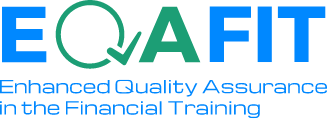
Tools for a more efficient training of future finance executives
- We created Quality Assurance Tools and Guidelines to improve professional education in the field of finance
- We developed a graduate monitoring system so that educational institutes can better introduce their graduates to the labor market.
- We compiled a guide for financial vocational training centers on how to ensure the quality of the services they provide according to the recommendations of the EQAVET European model.
- We implemented an online tool for self-assessment of vocational training centers, their students, and the companies that host them, integrating the experience of other European projects. We also introduced new tools that respond to the needs of the financial sector.
- We organized 7 European events and focus groups to study the existing needs of the beneficiaries and assess the project’s results.
Utilize it

Tools for a more efficient training of future finance executives
During the needs analysis carried out for professional training in Finance, the following were identified:
- There’s limited knowledge and adoption of the European quality assurance system for Vocational Education Providers, EQAVET.
- There’s a great need to further define the indicators so that adult education is truly useful, responding to the market’s needs (EQARF).
- There is a lack of quality criteria recognized by the financial sector at national and European level.
- There is difficulty in implementing the ‘Act’ phase of the PDCA cycle, although it is still considered the most demanding.

Tools for a more efficient training of future finance executives
- Study on the needs of vocational education providers in 7 European countries.
- A roadmap and a solutions depository and tools for adult education in Finance.
- Self-assessment e-tool to improve the services offered
- Organization of 8 workshops across Europe to disseminate the results and further improve the e-tool.
- Compilation of a report on the European experience developed during the project’s implementation of.
Funding
This project has been funded with support from the European Commission. Project Number 2020-1-SE01-KA202-077844.




